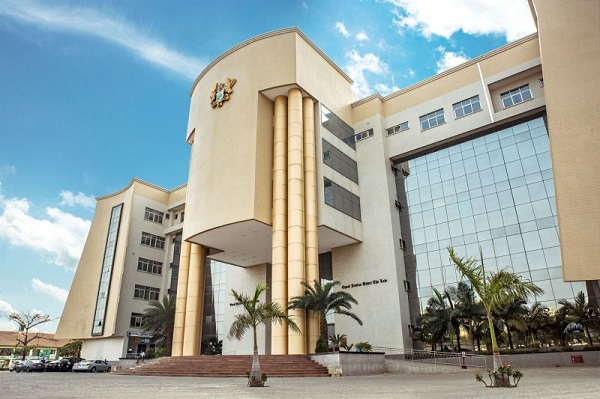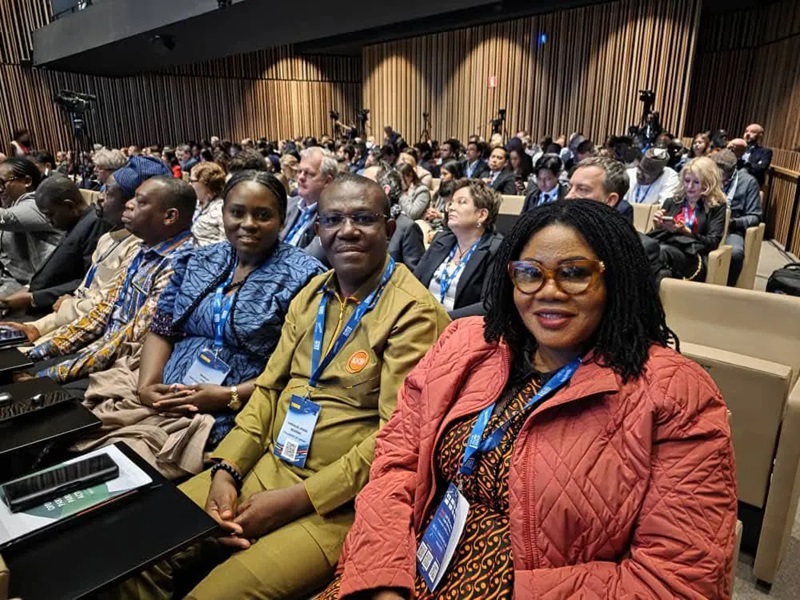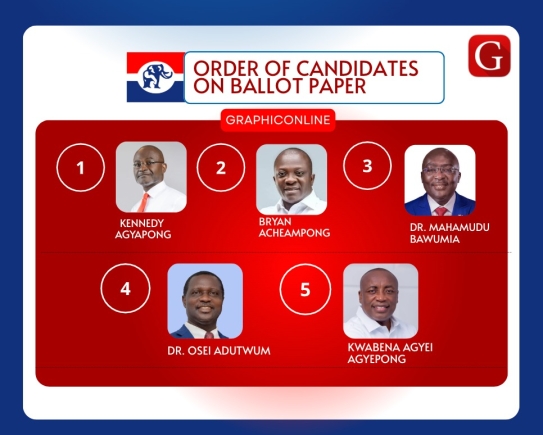President John Dramani Mahama is set to swear in 41 newly appointed High Court judges this week, marking another major step in his administration’s ongoing expansion of Ghana’s judiciary. The ceremony follows closely on the heels of the October 2 swearing-in of 21 new Court of Appeal judges, signaling a deliberate effort to strengthen judicial capacity and efficiency across all levels of the court system.
The new appointments come as part of government’s strategy to ease case backlogs and improve access to justice, particularly at the High Court, which handles the bulk of Ghana’s serious criminal and civil cases.
Last week’s Appeal Court ceremony drew significant attention, especially with the inclusion of the Dormaahene, Osagyefo Oseadeeyo Agyemang Badu II, who doubles as Justice Daniel Mensah in the judiciary. His elevation from the High Court to the Court of Appeal underscored the rare intersection between traditional leadership and judicial service in Ghana.
During that ceremony at the Jubilee House, President Mahama urged the new justices to uphold fairness and deliver judgments that reinforce public confidence rather than silence critics.
“Let your judgments inspire confidence in our people,” he told them — a message observers say also sets the tone for the soon-to-be-sworn-in High Court judges.
The event was attended by Vice President Professor Naana Jane Opoku-Agyemang, Acting Chief Justice Paul Baffoe Bonnie, Chief of Staff Julius Debrah, Supreme Court and Appeal Court justices, and senior government officials. Also present was NDC Chairman Johnson Asiedu Nketiah, underscoring the political and institutional significance attached to the appointments.
The 41 individuals joining the High Court bench represent a mix of experienced practitioners and emerging judicial officers drawn from across Ghana’s regions. Their professional backgrounds span private practice, the Attorney-General’s Department, and the lower courts, reflecting efforts to enhance both diversity and specialization within the judiciary.
According to the Office of the President, the new judges are expected to help ease persistent case delays and strengthen judicial service delivery nationwide. Courts in major urban centers such as Accra, Kumasi, and Takoradi have long struggled with overcrowded dockets and logistical challenges that slow justice administration.
The expansion builds on a broader judicial reform process initiated by the Mahama administration earlier this year. In July, the President swore in seven new Supreme Court justices — a move that analysts say forms part of a systematic effort to reinforce Ghana’s justice system from the top down.
Supporters of the appointments argue that they are necessary to meet growing judicial demands in a country where population growth and expanding economic activity have increased the complexity of cases before the courts. Critics, however, have expressed concerns about the pace and concentration of judicial appointments under a single administration, warning that such moves could heighten perceptions of political influence over the judiciary.
Ghana’s appointment process, however, follows constitutional procedure: candidates are nominated by the Judicial Council — chaired by the Chief Justice and including the Attorney-General, representatives from the Ghana Bar Association, academia, and the judiciary — and formally appointed by the President after consultation with the Council of State. This framework is designed to ensure a balance between executive authority and professional oversight, though debates on its effectiveness persist.
The High Court plays a critical role in Ghana’s judicial hierarchy, serving as the trial court for serious criminal offenses such as murder and treason, major civil disputes, and judicial reviews of administrative decisions. It also supervises lower courts and adjudicates constitutional questions within its jurisdiction.
Expanding the bench, observers note, could help reduce case backlogs and extend access to justice beyond urban centers. The new judges are expected to be deployed across multiple regions to address long-standing shortages of High Court personnel in underserved areas.
However, experts caution that increased numbers alone will not guarantee efficiency. The impact of these appointments, they argue, will depend on parallel investments in court infrastructure, digital case management systems, and continuous judicial training to maintain high ethical and professional standards.
As Ghana deepens its democratic institutions, the judiciary continues to play a central role in upholding constitutional rights, mediating disputes, and maintaining checks and balances within government.
The swearing-in of the 41 High Court judges later this week is therefore more than a ceremonial milestone — it is a test of whether the Mahama administration’s judicial expansion will translate into a more efficient, credible, and accessible justice system for all Ghanaians.
Source: newsghana.com





